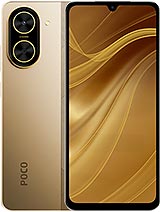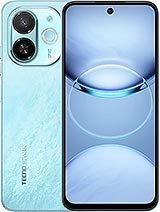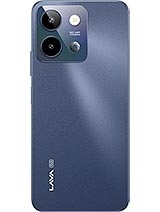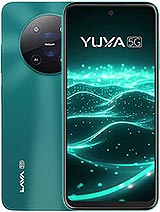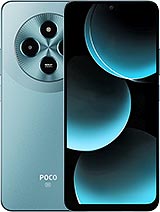Lava Shark 5G alternatives
Tap above to see alternatives.
Poco M7 alternatives
Tap above to see alternatives.
Lava Shark 5G

Lava Shark 5G
-
Unisoc T765
6 nm
-
5000 mAh
18W
-
6.75"
720 x 1612 pixels
-
13 MP
1080p@30fps
-
Specs

2.3 GHz, Dual core, Cortex A76
2.1 GHz, Hexa Core, Cortex A55
2x2.2 GHz Cortex-A78
6x1.95 GHz Cortex-A55
8GB 128GB (UFS 2.2)
(wide), AF
f/1.8, (wide), 1/2.96", PDAF
f/2.0, (wide)
SIM1: Nano, SIM2: Nano
SIM1: Nano, SIM2: Nano
7 5G bands
n1, n5, n8, n28, n40, n77, n78
16 5G bands
n1, n2, n3, n5, n7, n8, n20, n26, n28, n38, n40, n41, n48, n66, n77, n78
In this performance comparison, the Poco M7 with its Qualcomm Snapdragon 4 Gen 2 (4nm) performs better than the Lava Shark 5G with the Unisoc Unisoc T765 (6nm), thanks to superior chipset efficiency.
Poco M7 offers 2 years of OS updates, while Lava Shark 5G does not have confirmed OS update information. Poco M7 receives 4 years of security updates, while Lava Shark 5G does not have confirmed security update information.
Both Lava Shark 5G and Poco M7 use LCD screens. In terms of smoothness, Poco M7 offers a higher 120 Hz refresh rate, ensuring fluid scrolling and animations. Both devices deliver the same brightness level at nits. Both phones have the same screen resolution.
Poco M7 features a larger 5160 mAh battery, potentially delivering better battery life. Both devices support the same wired charging speed of 18W.
Lava Shark 5G offers better protection against water and dust with an IP54 rating.
- Lava Shark 5G – Check price here
¹ Scores can vary even with the same chipset due to RAM, thermals, and software optimization.


